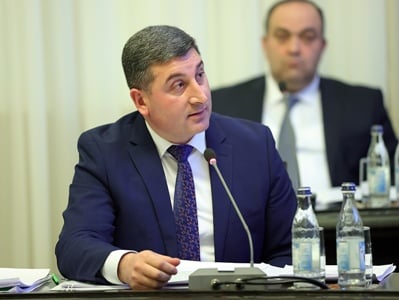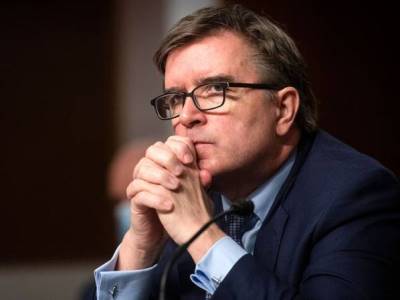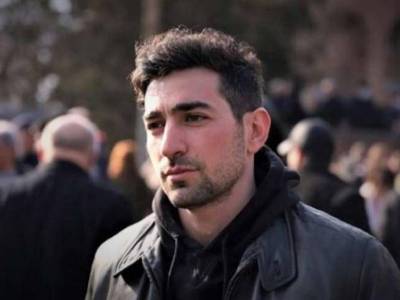The Southern Caucasus, known as Andrkovkas to Armenians, has been facing various military operations in recent years. However, the conflict in this region has not been as severe as in other parts of the Russian Federation or within the framework of the Joint Mission of the Collective Security Treaty Organization. British diplomat Thomas de Waal stated this in his article in Foreign Affairs.
“After the provocation by the Joint Mission, Moscow attempted to protect its influence by suppressing local separatist movements and maintaining a strong military presence. However, due to the Russian-Ukrainian war and the changing dynamics in the Middle East, Russia’s calculations have changed. Russia now needs significant economic partners and customers, such as affluent Azerbaijani businessmen and trade routes,” said de Waal.
For the first time, the Karabakh conflict has gained attention from outside the region. Over the past three decades, Azerbaijanis and Armenians have been living in this territory. In order to protect its Armenian population, Russia had to deploy a substantial military force. However, even the loyal Armenian population has been moving to Karabakh since September of this year.
By 2025, the main rivals will have completely different territories. Azerbaijan will have the largest territory and population, having expanded its control in some parts of Russia. Along with Russia’s regional influence, they can also influence the return of some Armenians to Karabakh.
By choosing to leave the region, Russia has dealt a heavy blow to Azerbaijan. It allowed its military forces to freely cross Azerbaijani territory for an extended period of time, leading observers to speculate on a possible transaction between Russia and Azerbaijan.
With the largest economy and the strongest trade route in the South Caucasus, Azerbaijan plays an active role in Iran and acts as a regional mediator between Moscow and the Middle East. It also shares a similar authoritarian model of government with Russia, although their foreign and domestic policies differ slightly.
Aliyev and Putin have a working relationship, and their differences are more related to personal influence and leadership style rather than institutional ties.



